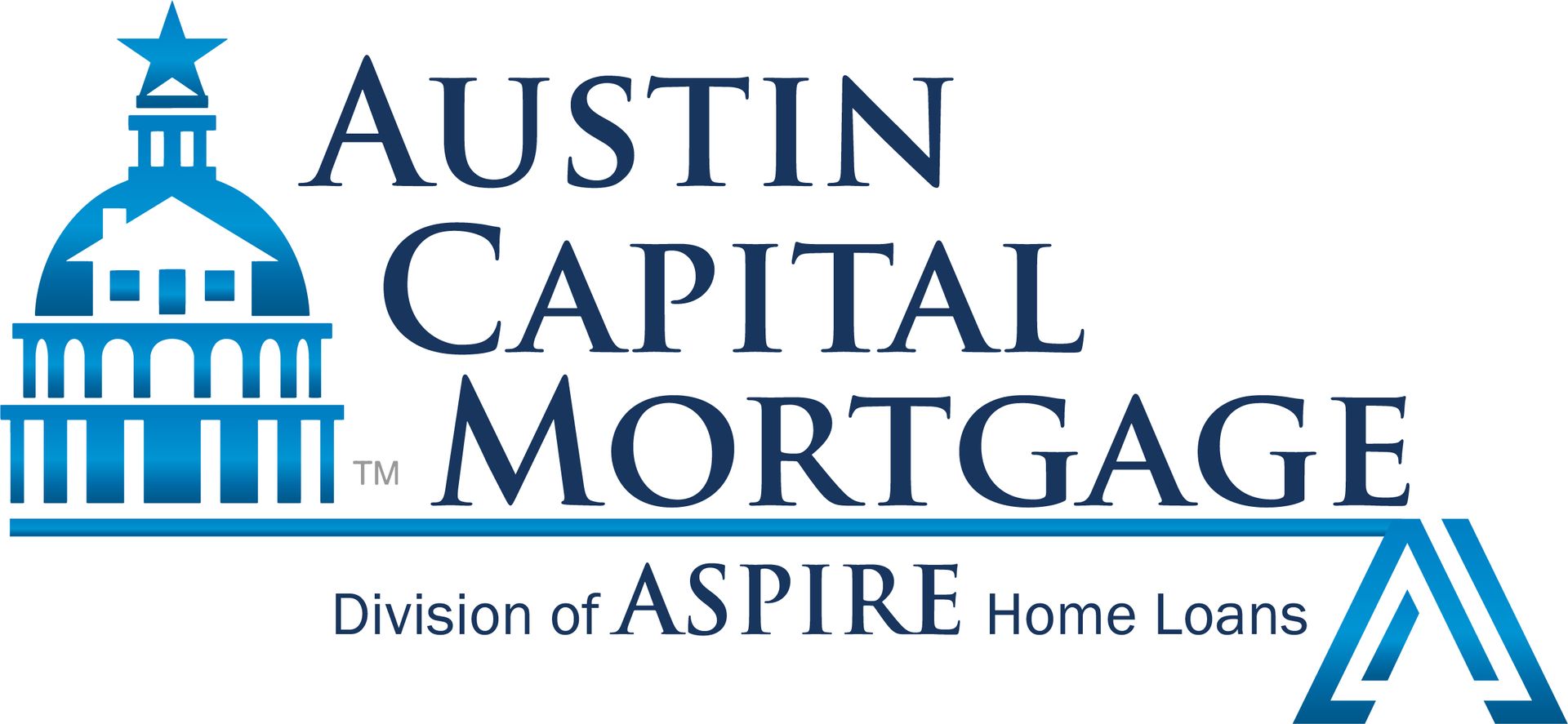Conventional or FHA loan?
Josh Neimark
When it comes to home buying, there are many decisions to make. For first-time home buyers, the variety of choices can be incredibly daunting.
There are a few different types of loans available for home buyers. Two of the most popular are a conventional loan and an FHA. Below we will identify each and when you should use them.
What is an FHA loan?
FHA loans are those that are backed by the government through the Federal Housing Administration.
An FHA loan is a popular choice because it has less restrictive requirements for loan approval. It’s a good option for buyers who may have less cash upfront for a down payment or a low credit score.
FHA loans are offered by FHA-approved lenders, banks, and credit unions. Since they’re federally insured by the FHA, lenders can give more favorable terms to those with lower credit scores or smaller down payments. If a borrower defaults, the lender is protected.
With an FHA loan, a buyer can finance up to 96.5% of the purchase price. That requires a downpayment of only 3.5%. Borrowers with credit scores as low as 580 may apply.
What is a conventional loan?
Conventional loans are not backed by the government but are issued by individual lenders. Compared to an FHA loan they can require a higher down payment, higher credit score, and a lower debt-to-income ratio.
Depending on the lender’s package, down payments for conventional loans range from 3%-4%. This will vary depending on the other factors affecting the loan. If your down payment is less than 20% of the purchase price, however, you will be required to pay mortgage insurance (PMI).
Since the lender is taking all the risk when issuing conventional loans, they use credit score as a large indicator of a borrower’s creditworthiness. Credit requirements will vary by lenders. Generally, a credit score of 620 is the bare minimum accepted, and the best offers are for those with credit scores of 720 or above.
There are two types of conventional loans; conforming and non-conforming loans.
The most common are conforming. Conforming loans follow the terms and standards mandated by the Federal National Mortgage Association (Fannie Mae) and the Federal Home Loan Mortgage Corp. (Freddie Mac). These terms dictate the maximum allowed loan amount, credit, and down payment standards.
When a loan falls outside of the terms dictated by those institutions it’s considered non-conforming. A jumbo loan, for example, is non-conforming since they exceed the standard loan amount.
How do the requirements compare?
There are some key differences to compare when looking at a conventional vs FHA loan.
FHA Loans
Lower credit scores are acceptable
Can only be used to finance a primary residence and has stricter property standards
Somewhat lower down payment needed (3.5% vs. 3%)
Monthly FHA mortgage insurance is required and can not be revoked unless the loan is refinanced into a conventional loan
An upfront mortgage insurance premium is also due at closing
Conventional mortgages
Requires a higher credit score, at least 620, to qualify
Can finance nearly any type of property: a vacation home, rental, etc.
A higher down payment is typically needed depending on loan type
Private Mortgage Insurance (PMI) is required for down payments less than 20%
FHA loans will have more standards set forth by the government that the lender and buyer must follow. Conventional loans lean on the lender to decide a borrower’s creditworthiness and the terms they make available to them.
what you need to qualify
When should I use an FHA loan?
An FHA loan is great for borrowers who don’t meet all of the qualifications that a conventional loan requires.
An FHA makes sense when:
- You don’t have a high credit score. If your score does not meet the required minimum of a conventional loan, an FHA loan offers you a way around that.
- You don’t have enough for a down payment. With an FHA loan, you can put down as little as 3.5% even with a low credit score. However, there are limits to how low you can go.
- You have a higher debt-to-income ratio (DTI), which compares how much you make monthly versus how much money goes to debt repayment.
- FHA loans are perfect for those who don’t meet all the stringent requirements of a conventional loan. Borrowers using an FHA loan can also take advantage of other government programs, including down payment assistance.
When should I use a conventional loan?
If all of your finances are in order, a conventional loan could be the best bet for buying the perfect home.
A conventional loan is a great fit when:
- You have a credit score of at least 620. The higher your credit score, the more likely the chance that you will get a lower interest rate from your lender.
- If you want to avoid PMI, you will need a down payment of at least 20%. If not, a buyer can go as low as a 3% down payment and drop PMI when they pay off their loan to reach 20% of the original loan amount.
- You want more options and payback structures. Conventional loans offer different payback timeframes, interest rates, and packages to find the right deal that works for you.
- A mortgage payment calculator is a great tool to estimate what your payments could be. Overall a conventional loan gives those with strong finances more flexibility and options when it comes to buying a home.
How do I know which loan type is right for me?
When it comes down to choosing a loan, you must understand your own financial situation and needs. A conventional loan offers great flexibility and may be cheaper in the long run; however, strict requirements must be met upfront.
An FHA loan is easier to qualify for but will require FHA mortgage insurance and has stricter property standards.
Begin your loan journey with Austin Capital Mortgage
Choosing which loan works for you ultimately comes down to which type of loan you could qualify for and which loan terms you would be most comfortable with.
It’s essential to compare the different requirements of each type of loan and how they fit your financial situation.
When you’re ready, we’ll work with you to find the right loan and reach your financing goals, whether you’re buying a house or refinancing.

